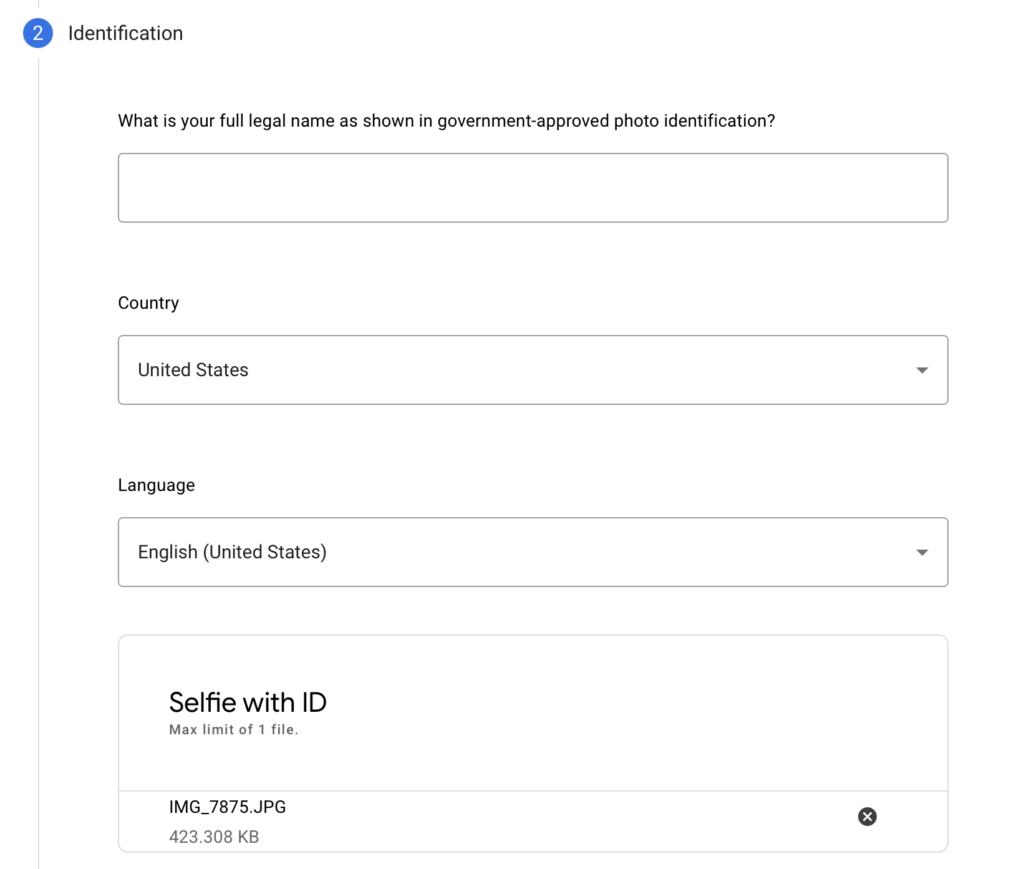
Scott Shagory & Dennis Yu
Since starting out working with Dennis Yu, I’ve learned things I didn’t even know existed before—like Google Knowledge Panels. I’ve claimed my own panel and helped others do the same. Dennis recently did a Power Hour session with Scott Shagory, and it was a textbook example of how to walk someone through the Knowledge Panel claim process step-by-step.
Scott’s a professional speaker, author, business strategist, and branding expert. He’s been growing his brand across platforms and appearing on podcasts—but until now, didn’t have that central piece of credibility on Google. Having a Knowledge Panel is crucial for someone like Scott, because it connects the dots between his online properties and gives him ownership over how he shows up when people search his name. It’s especially important given his public-facing work and growing digital presence.
Even though Dennis was literally on the move—about to fly out from Italy to Austin—he still made the session happen with Scott. Scott’s been following our stuff for a while and showed up totally prepared, which made this one of the more efficient claims I’ve seen.
Starting with the Tool
First step? They used our internal tool, the Knowledge Graph Explorer, which taps into the Google Knowledge Graph API. This lets us see how Google views Scott as an entity. His confidence score was a 24. That means Google kinda knows who he is but isn’t confident enough to show his Knowledge Panel in regular search results.

Even though nothing shows up on the right-hand side when Scott searches his name, the API revealed a panel does exist. The proof: a specific KGMID in the URL and those three dots next to his name on the page.

Confirming the Details
Before doing anything else, Dennis had Scott go through the panel’s info—name, affiliations, etc.—and confirm everything was actually about him. Thanks to guidance from Steve Sims—and help from his son—Scott had his personal brand info dialed in.
Claiming the Panel
Once it was confirmed that it was his, they clicked the three dots and started the claim process. This is where most people mess up and self-disqualify: the “Tell us why you’re claiming this panel” box.

If you write something like “I want to claim this panel because it’s mine,” you’ll probably get rejected. What Dennis and Scott did was a lot more in-depth. Dennis had Scott:
- Take a screenshot of the panel via the API.
- Use ChatGPT with a custom prompt that explained who Scott is, what his panel includes, and why it should be verified.
- Include affiliations (like working with Steve Sims, his academy, Hapkido certification, podcast appearances, etc.).
They pasted that into the explanation box.
Verifying Ownership
Then came ID upload. We usually prefer a passport—it tends to go over better with Google. Scott’s was in HEIC format, so they quickly converted it to a JPEG.

After that, they had to prove Scott owns the properties listed in the panel:
- WordPress admin screenshot
- Logged-in screenshots for LinkedIn, Facebook, Instagram, etc.
Important: These screenshots must show you’re logged in. Homepage shots don’t cut it.
Hitting Submit and What’s Next
They uploaded everything, agreed to the terms, and hit submit. Google usually responds within 1–3 days. In this case, just a day or two later, Scott’s Knowledge Panel was successfully claimed and verified.
If it hadn’t been accepted, we would have reviewed what was submitted, adjusted the application, and resubmitted with stronger supporting material. But this one went through cleanly, which shows the process works when executed right.
Building Scott’s Entity Long-Term
Claiming is just step one. Scott’s personal brand site already ranks #1 for his name—huge win. Most people only rank with their LinkedIn.
But the confidence score needs to go up so his panel shows up consistently. Here’s how we’re helping Scott do that:
- Turn his podcast episodes / long-form videos into blog posts on his site
- Share those blog posts on social platforms, and tag the guest
- Build quality backlinks from trusted sources
- Avoid spammy links—those don’t help
We’re also pushing Scott to post first on his site, then repurpose to LinkedIn and other platforms. That builds his site authority over time.
Dennis also brought up sending personalized gifts to podcast guests—something memorable. One of his go-to ideas is sending custom socks with the guest’s face printed on them (“Face Socks”). Scott’s thinking of doing a Godzilla-themed version. Whatever it is, the goal is the same: build strong relationships and get links from trusted entities.
Want to Do This Too?
I’ve been through this process myself and claimed my own Google Knowledge Panel.

If you’re serious about building your digital identity, your Knowledge Panel is the anchor—everything else builds around it.
You can try following the steps we’ve outlined, but if you’d rather have it done for you, we offer a full Done For You Knowledge Panel Service. Our team will build your personal brand site, trigger your Knowledge Panel, and handle the technical work for you.
Click here to get started.

